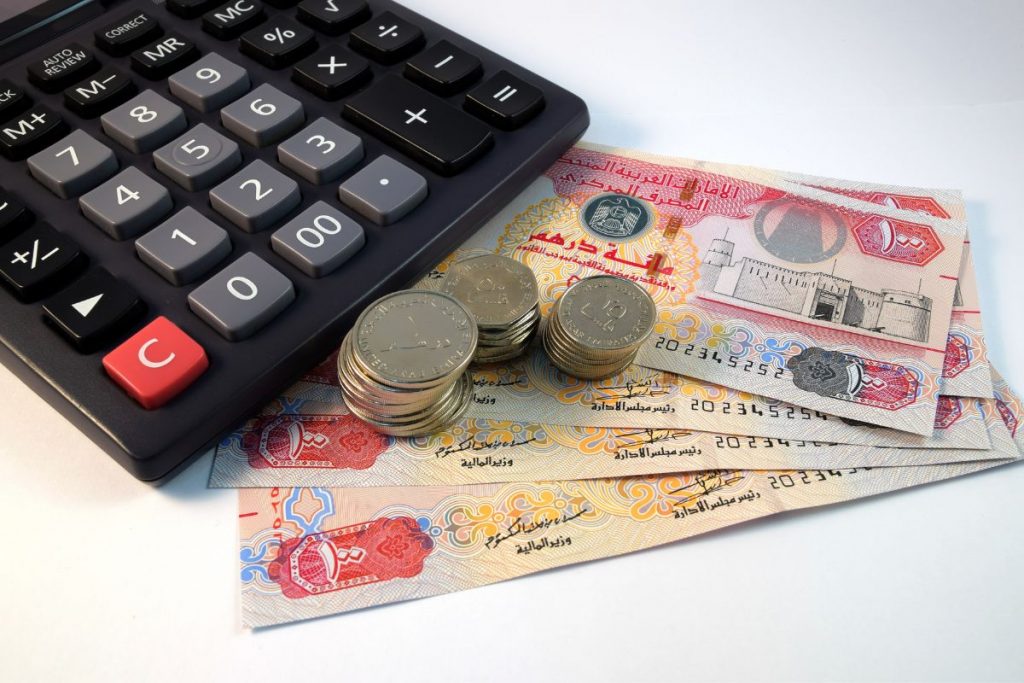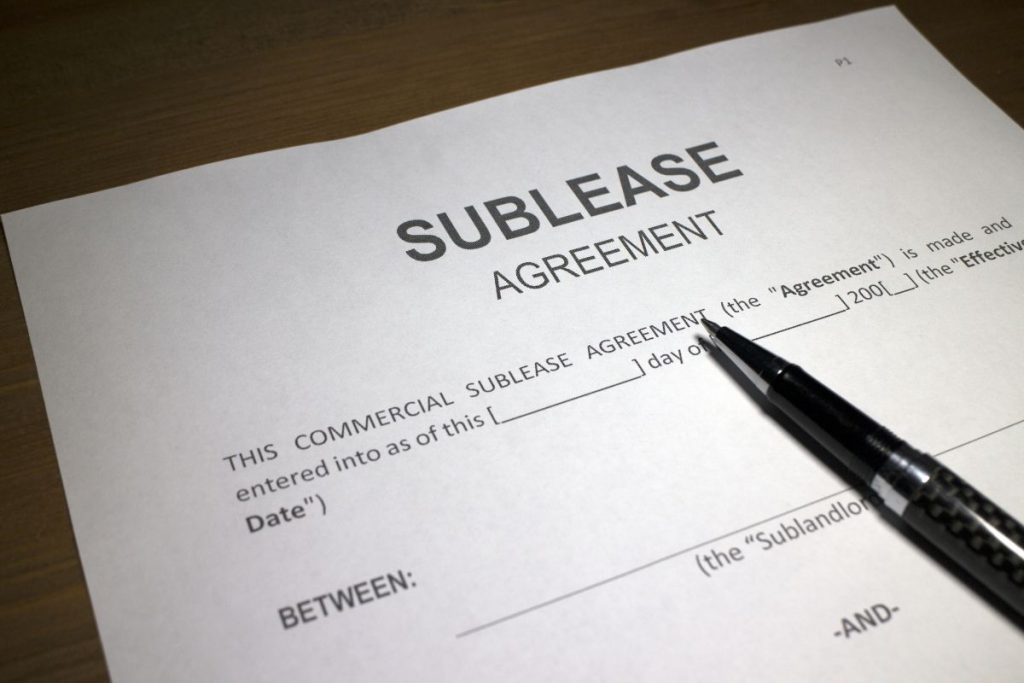Dubai might be appealing for a variety of reasons. People from every walk of life visit the city of gold on a regular basis for travel, job, or investment. The city is completely prepared to handle the massive inflow of people. Renting is a realistic alternative for the majority of individuals, whether they are staying for a short or extended period of time. The government has taken significant steps to improve the experience of tenants. The establishment of tenant obligations and rights is one of them.
While tenants’ rights protect them from wrongdoing, there are some obligations that all tenants must do. We will provide an exhaustive list of tenant responsibilities in Dubai to assist tenants in learning about and understanding their responsibilities.
TENANT RIGHTS AND RESPONSIBILITIES ARE IMPORTANT
The Dubai government is concerned with ensuring that everyone in the city enjoys a pleasant and stress-free living experience. As a result, it has established a set of tenant rights for persons renting or subleasing in Dubai. All parties involved must use their rights. Renters have the right to initiate an action against if landlords fail to do so.
However, in order to ensure that landlords are treated fairly, the governing authorities imposed some tenant responsibilities. This leveling of the playing field benefits both tenants and landlords, since each has their own set of rights and responsibilities.
DUBAI TENANT RESPONSIBILITIES TO FOLLOW
The law specifies the duties that every tenant must fulfill. The onus is on tenants, though, to do their share and fulfill their commitments. That being stated, let’s take a look at the tenants’ responsibilities in Dubai to help renters understand their legal requirements.
SECURITY DEPOSIT PAYMENT
Tenants must pay a security deposit to the landlord when renting commercial properties in Dubai or leasing or subleasing any other sort. The security deposit is refundable, and landlords must return it at the end of the rental contract.
In many circumstances, the security deposit provides as a layer of protection for landlords. It’s useful, for example, if the tenants fail to return the item in the same condition in which they acquired it. The repair costs might then be deducted from the deposit by the landlord.
According to Article 20 of the Dubai Rental Law:
“When entering into a Lease Contract, the Landlord may obtain a security deposit from the Tenant to ensure the maintenance of the Real Property upon the expiry of the Lease Contract, provided that the Landlord undertakes to refund such deposit or the remainder thereof to the Tenant upon the expiry of the Lease Contract.”
Certain sorts of landlords should be avoided in the first place. One of these individuals may seek for methods to take a portion of the deposit. As a result, it is critical to understand how to seek a security deposit return in Dubai from the landlord.
ENSURE PROPERTY MAINTENANCE AND RENT PAYMENTS ARE MADE ON TIME

Tenants must make timely house rental payments in Dubai in accordance with the contract conditions. Furthermore, tenants must obtain permission from the landlord before making any improvements to the property.
According to Article 19 of the Dubai Tenancy Information:
“The Tenant is required to pay the Rent on time and to maintain the Real Property in the same manner that an ordinary person would maintain his own property.” Without limiting the Tenant’s obligation to carry out the agreed-upon or customary restorations, the Tenant may not make any changes or carry out any restoration or maintenance works to the Real Property unless so permitted by the Landlord and after obtaining the necessary licenses from the competent official entities.”
During construction or remodeling, a building may sustain damage. As a result, in all such instances, the owner’s judgment is required. Damage to the property can also result in a property eviction notice in Dubai, allowing the landlord to remove the tenant immediately.
RETURN THE PROPERTY IN THE SAME CONDITION IN WHICH IT WAS RECEIVED.
When leaving a property, one of the renters’ responsibilities is to return the property in the same condition in which it was received.
According to Article 21 of the Dubai Tenancy Guide:
“Upon the expiration of the Lease Contract’s term, the Tenant must surrender possession of the Real Property to the Landlord in the same condition in which the Tenant received it at the time of entering into the Lease Contract, except for normal wear and tear or damage caused by causes beyond the Tenant’s control.” In the event of a disagreement between the two parties, the matter must be presented to the Tribunal, which will give an award.”
Tenants are often not responsible for regular wear and tear on components. It is important that the landlord explain what is meant by ‘ordinary wear and tear’ in the Ejari contract.
DO NOT SUBLEASE PROPERTY WITHOUT THE LANDLORD’S PERMISSION.

Without the landlord’s express consent, a property may not be sublease.
According to Article 24:
“Unless otherwise agreed by the parties to the Lease Contract, the Tenant may not assign or sub-lease the use of the Real Property to third parties unless the Landlord’s written consent is obtained.”
Whether you wish to turn a rental Dubai property into a vacation home or sublease it, you must first obtain permission from the landlord.
PAY FEES AND TAXES TO THE GOVERNMENT
Unless otherwise specified in the contract, paying taxes and fees to government bodies is one of the tenant’s responsibilities.
According to Article 22,
“Unless the Lease Contract expressly states otherwise, the Tenant must pay all fees and taxes due to Government entities and departments for use of the Real Property, as well as any fees or taxes prescribed for any sub-lease.”
The fees may include those needed to open a DEWA account or government housing fees.
REFUSE TO MAKE ALTERATIONS WHEN RETURNING THE PROPERTY.

Tenants have no right to remove any improvements made to the property during or after the lease. This includes any modifications made by the tenants.
Article 23 of the Dubai Rental Law expressly states:
“Unless otherwise agreed to by the parties, upon vacating and surrendering possession of the Real Property, the Tenant may not remove any leasehold improvements made by the Tenant.”
Tenants have no right to remove any modification unless specifically stated in the rental contract. Removing any big changes has a direct impact on the property’s attractiveness. If you wish to maintain the changes you make, negotiate and add the clause in the contract.

These are the tenant responsibilities in Dubai that every renter should be aware of. The rights and responsibilities established by the government safeguard both parties in the case of a disaster.
Read More About : Landlord Rights In Dubai




